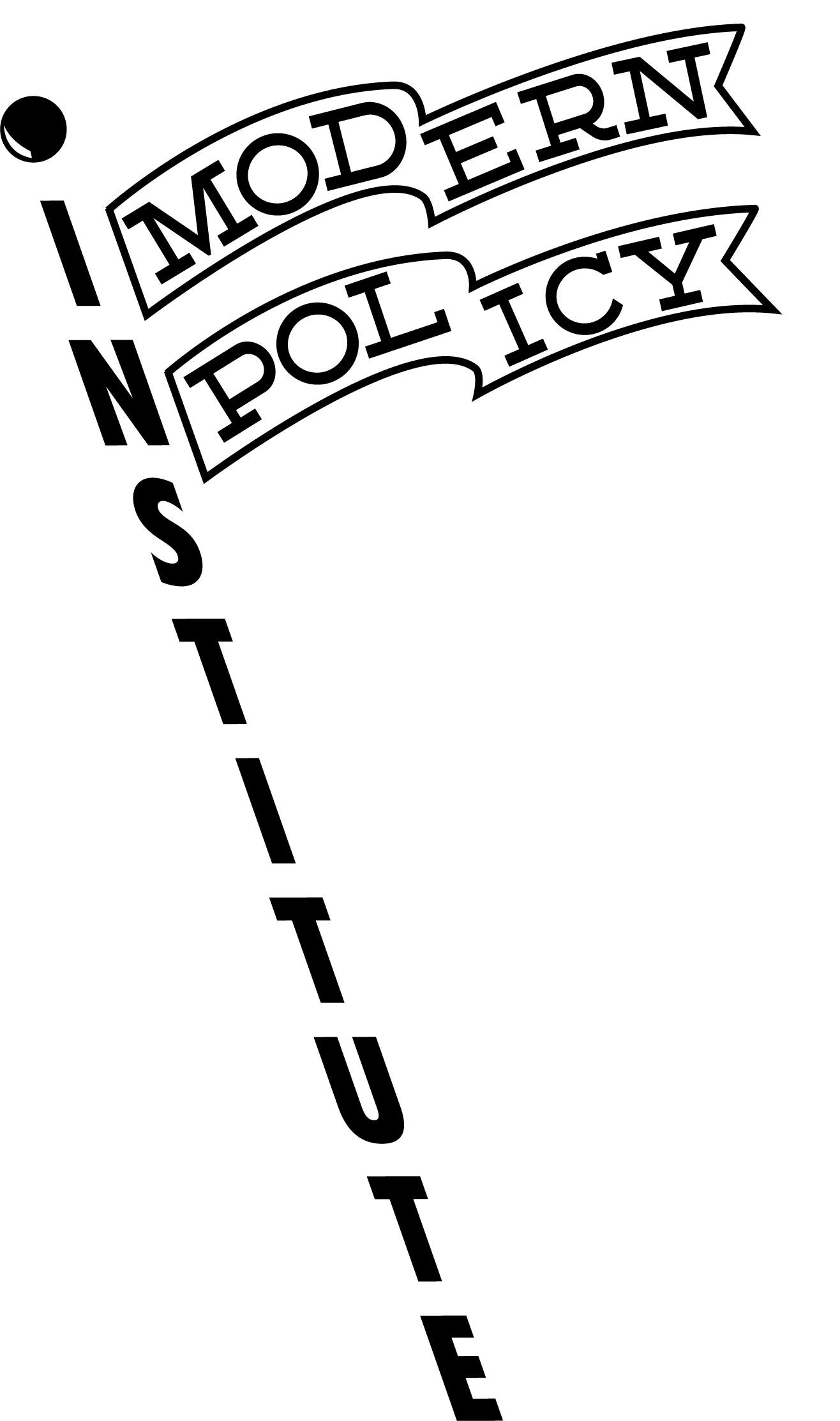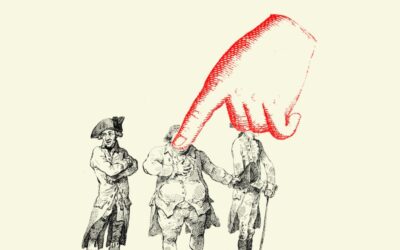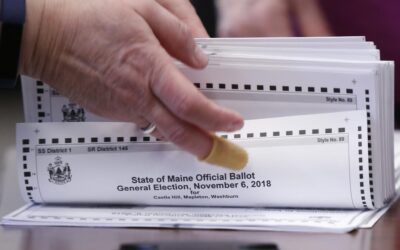
The Modern Policy Institute believes that technology, not advertising, is the future of elections. We believe in ending the reign of the low information voter. We aim to build educational voter information systems for voters, elected officials, and students regarding local government structure, spending, and modernization. We function as a resource for those seeking to better understand and improve elections so that voters no longer have to depend on social media, ads or influencers, to inform their political decisions.
We want to build open-source tools to democratize elections and take the power away from the political class and put it back in the hands of the public.
With our new tools that aggregate databases and visualize data it will be easier to see how our tax dollars are raised and spent and who was responsible.
Everything from listing each office, it’s duties, requirements to run, term, and even removal will be available. All campaign finance will be in real-time and verified. Candidates will be provided with canvassing tools, and a platform to post their official positions. Voting records for office holders will be accessible.
No longer will money be more important than ideas.
If you would like to contribute code, data, or white papers, please contact us.
NEWS
Party Primaries Must Go – The Atlantic
In The Atlantic, Nick Troiano looks at eliminating partisan primaries and using ranked-choice voting to help make elections—especially congressional ones—more democratic and less polarized. From the article: Under the reform, rather than both parties holding separate...
Opinion | Why Your Ballots Are Boring – The New York Times
The New York Times looks at how a bill that would require states to adhere by certain redistricting rules that combat gerrymandering is unlikely to pass the Senate due to the political interests of those involved. From the article: Pretend you’re a member of Congress....
Moderation in Politics? Not without some Changes.
The New York Times looks at arguments that the two-party system prevents moderate policies from taking hold in the United States. The piece argues that the political center is most representative of the American people, but polarization from the two-party system...
Michael Goldhaber, the Cassandra of the Internet Age – The New York Times
The New York Times takes a look at Michael Goldhaber, who predicted many of the problems the internet would bring along with its many benefits. Key quote: While Mr. Goldhaber said he wanted to remain hopeful, he was deeply concerned about whether the attention economy...
Alaska’s ranked choice voting is model for reducing toxic polarization
From the original article: Who would have thought that the best answer to America’s toxic polarization, the biggest problem in our political system, would come from Alaska? Alaska may have shown a way to make our political system reward rather than punish moderation,...
A Push for Ethics Laws That Do Not Depend on Shame
The New York Times looks at potential reforms in light of the rioting in Washington, D.C. last week. These include limits on the president’s pardon powers, greater transparency requirements for presidents, and more limits on conflicts of interest. It should not have taken a violent act of insurrection to prompt such policies.
COMMENTARY
Big Data Makes Running Easy…for the Rich
In the era of big data, running a political campaign has become more expensive. All sorts of tools exist to help candidates manipulate voters and these come at a high cost. We want to provide open-source tools for candidates to level the playing field. We also want to provide tools for voters so candidates can get back into the business of persuading rather than manipulating.






